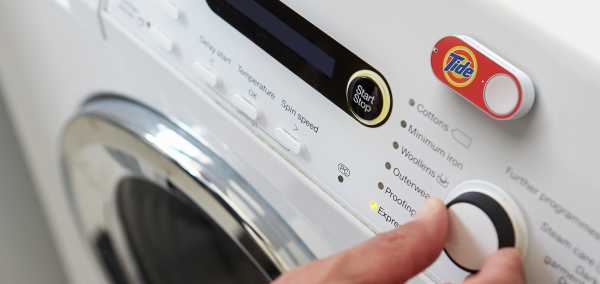

Amazon has stopped selling Dash buttons, the $5 pieces of plastic that Prime customers could use to instantly reorder basic household items, as CNET reported Thursday.
Dash buttons launched in 2015, and by the time of their demise there were hundreds of options. Stick a Tide button to your washing machine and instantly reorder detergent when you run out. Stick a Charmin button to your bathroom wall and instantly reorder toilet paper. Fridge: Soylent, Mucinex, Goldfish, Red Bull, various coconut waters, every brand of trash bag. Play-Doh, Nerf pellets, diapers, soup. According to CNET, the biggest hits were condoms, pet food, printer ink, and paper towels.
What might jump out to you about this setup is that a Meow Mix or Slim Jim button is hideous home decor. Or, as Motherboard put it in 2016, “If Dash buttons ever become popular, they are going to be an environmental disaster — they are $5 disposable electronics; most of them will likely end up in the trash heap someday.” That day is today!
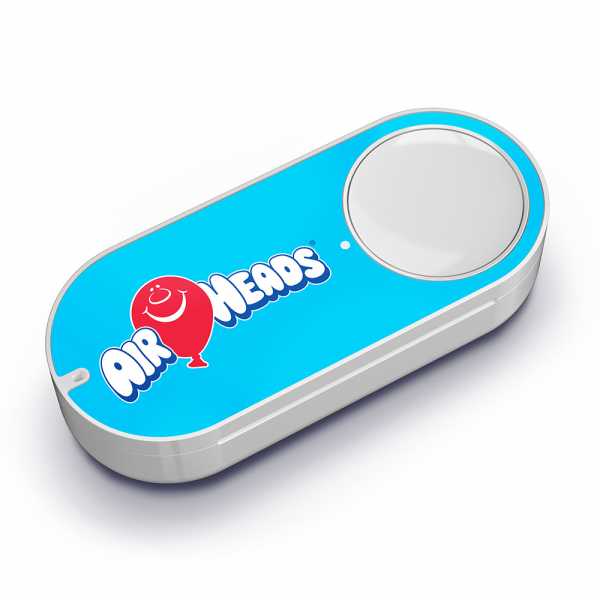
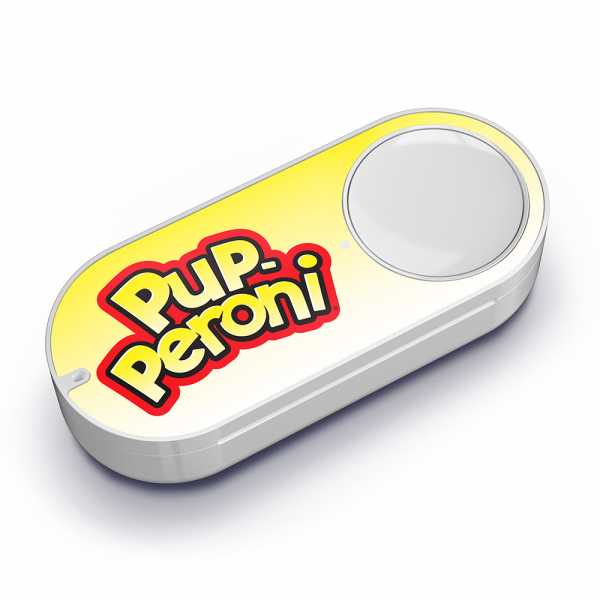
Currently in-use Dash buttons will still work, for now. Unfortunately, a book called Amazon Dash Buttons: A Complete Directory (Volume 1), published in January 2017, is already out of print. (It had mostly positive reviews!) You’ll have to think of a different way to memorialize this era of pimpling our living spaces with the logos of diaper brands and over-the-counter medicines.
Daniel Rausch, a vice president in Amazon’s smart home division, told CNET, “There’s no doubt that [the] core mission of Dash buttons succeeded.” That core mission was to get people comfortable with the idea of shopping via their connected home, rather than exclusively in stores, browsers, or apps.
According to Amazon, the virtual dash buttons on its website and the option to shop by talking to its smart assistant, Alexa, have both gotten more popular. Many smart appliances — washing machines, printers, refrigerators, etc. — also have built-in Dash Replenishment Services, which allow them to reorder supplies themselves. So Dash buttons are now irrelevant. Rausch calls them “an awesome stepping stone,” to “a future where the home [is] taking care of itself, including replenishing everyday items that customers would rather not worry about.”
“Most surveys show that only around 20 percent of smart speaker users have ever used their device to make a purchase”
This narrative, while tidy, is not totally based in fact. As Recode’s Rani Molla reported in November, voice assistants like Alexa and Google haven’t found their “true calling” yet, and they definitely aren’t being used to do a lot of shopping. “Most surveys show that only around 20 percent of smart speaker users have ever used their device to make a purchase,” Molla wrote. “The number that shop monthly is half that.” Another survey she highlighted showed that from January to August 2018, only 2 percent of Alexa users had made a single purchase via the assistant, and still another showed that fewer than 1 percent of Americans would prefer to shop on a smart speaker.
To be fair, Molla also noted that voice technology has “been adopted faster than nearly any other technology in history.” So it could be only a few years until people actually do feel like ordering things out loud from their smart speakers. RBC Capital Markets predicts that voice shopping on Alexa will bring in $5 billion a year by 2020.
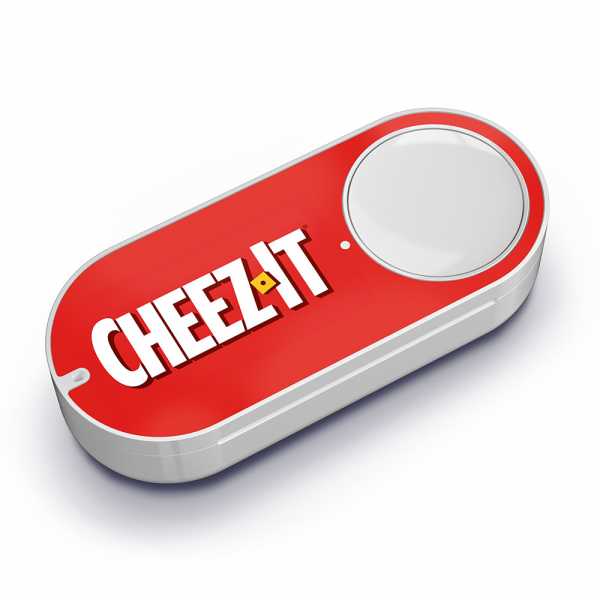
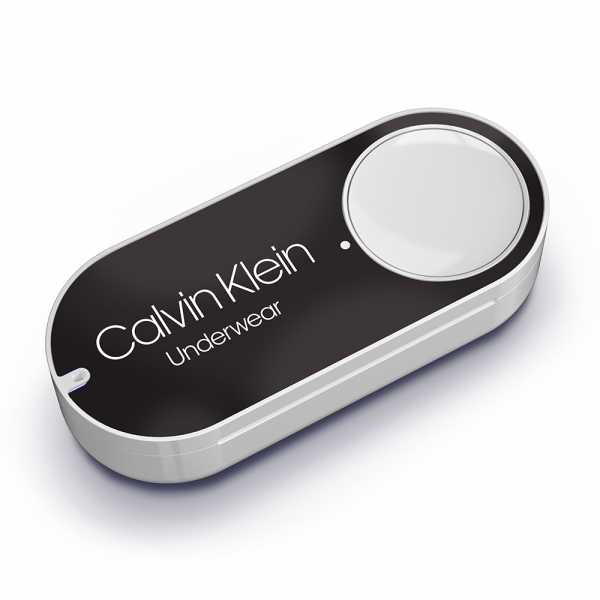
But Amazon’s messaging around the Dash button discontinuation elides the fact that they were ruled illegal in Germany — the company’s second-biggest market — this January. According to the court there, having a button without real-time updated price information about what you’re ordering violates consumer protection laws. When you’re buying something, you have the right to know how much it costs. At the time, Amazon told The Verge, “The decision is not only against innovation, it also prevents customers from making an informed choice for themselves about whether a service like Dash Button is a convenient way for them to shop.”
Germany’s Federal Cartel Office also opened an antitrust probe into Amazon late last year, as did the European Union. While the European Union’s interest was in Amazon’s collection of sales data, Germany is more interested in the way it functions as a “gatekeeper,” doubling as both the largest retailer and the largest marketplace for other retailers in the online space.
Eliminating a dorky product that regulators have had public beef with is a really easy and obvious way to eliminate a little bit of pressure, and isn’t quite an ingenuous celebration of the switch to voice shopping.
Sourse: vox.com






